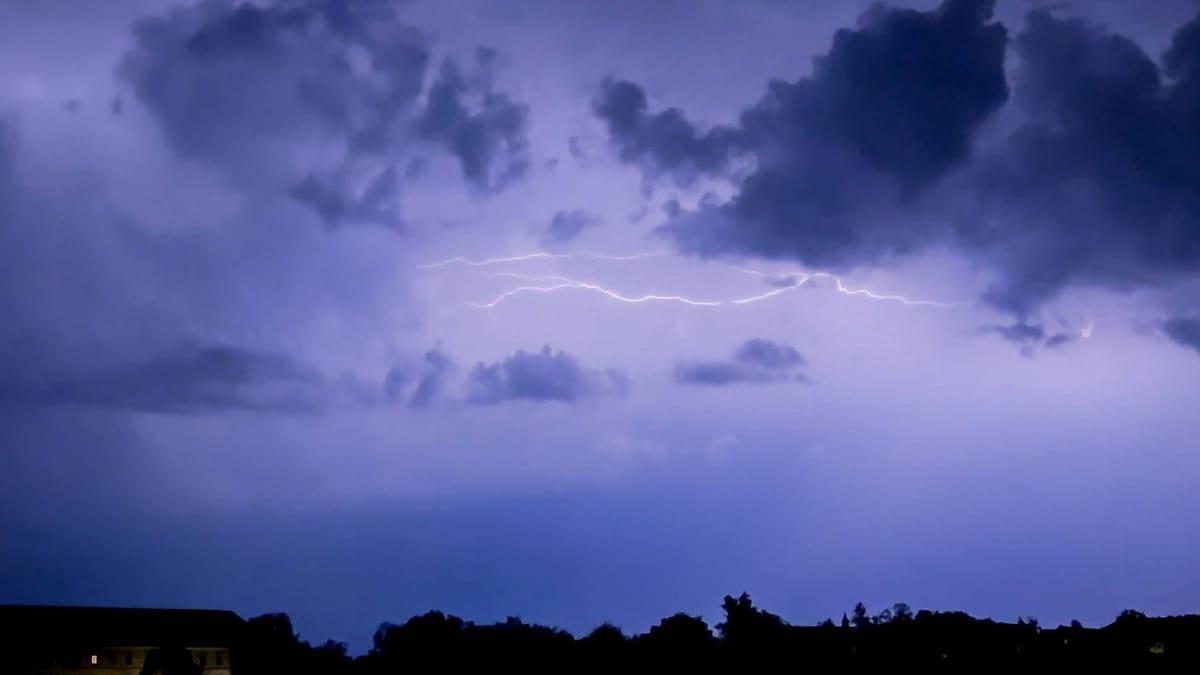A severe storm front, triggered by Hurricane Kirk, will move across North Rhine-Westphalia in the next few days. A massive tropical storm is threatening Cologne.
A tropical storm front with severe storms and squalls will reach Cologne and the region in the next few days. The foothills of Hurricane Kirk will reach North Rhine-Westphalia by Thursday at the latest. Weather models predict 100 liters of rain per square meter for Cologne. The German Weather Service (DWD) considers severe gusts of around 100 km/h to be possible.
Hurricane Kirk, which sometimes caused hurricane-force winds of 300 km/h, has been moving strongly towards Europe since Monday. The National Hurricane Center (NHC) of the US weather service NWS predicts that the foothills of the tropical storm will move over Cologne and the region in the next few days.
Several weather models currently suggest that the extratropical low will pass over North Rhine-Westphalia. The focus is on Cologne and the Eifel in the Euskirchen district on the border with Rhineland-Palatinate. “There is still a lot of uncertainty as to the exact train path,” said a DWD meteorologist when asked by t-online.
The Australian weather model ACCESS-G calculates rainfall amounts of between 90 and 100 liters of rain per square meter for Cologne until Friday. South of Cologne there are expected to be heavy storm to hurricane gusts of between 100 and 110 km/h. In the Oberbergisches Kreis and east of Bonn, rainfall of up to 150 liters of rain per square meter is possible.
The DWD weather model ICON sees the center of the extratropical low between Rhineland-Palatinate and Hesse, but Cologne still gets a good downpour with up to 60 liters of rain per square meter. The gusts of wind also threaten to topple numerous trees. Since many still have leaves, the likelihood is increased.
Lightning strikes and falling trees can also lead to restrictions on rail and road traffic. Power outages are also possible. “Severe squalls cannot be ruled out,” says the DWD weather report for North Rhine-Westphalia on Thursday. The first showers and thunderstorms will move towards Cologne and the region on Tuesday night.
Record temperatures in the Atlantic are increasing the likelihood of extreme weather in Europe. Just a few weeks ago, a so-called Vb weather situation also hit parts of Germany. In less than 24 hours, 350 liters of rain fell per square meter, causing severe flooding.


